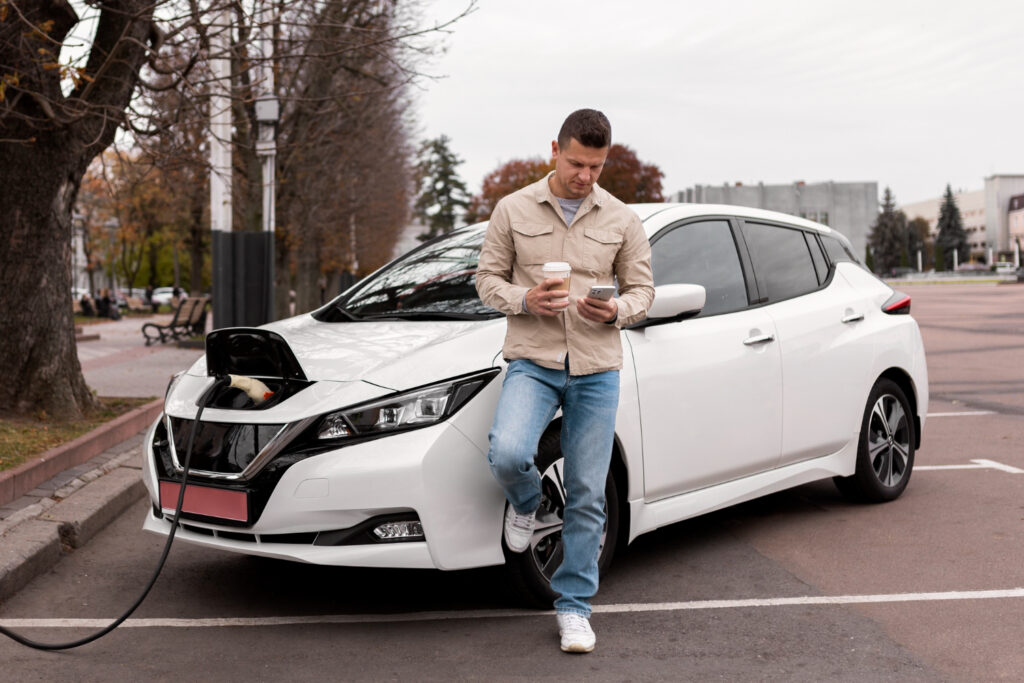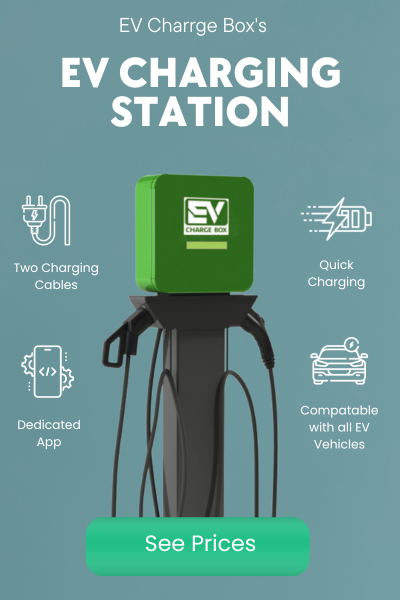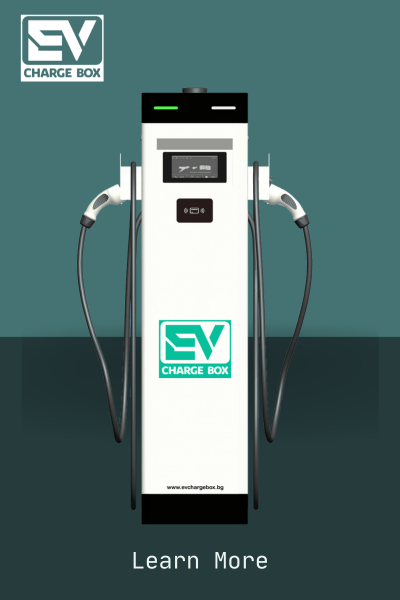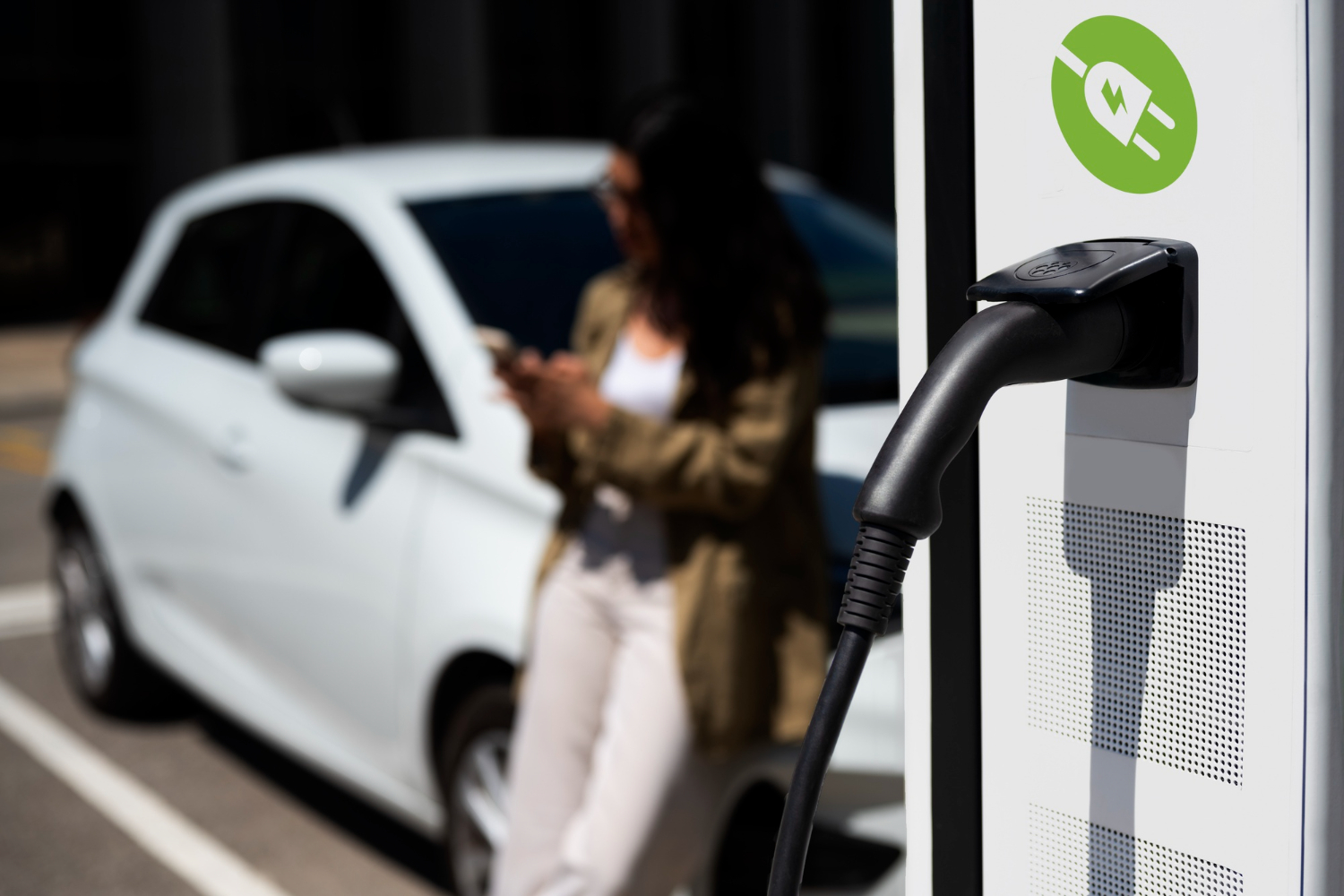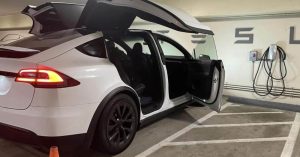The market for electric cars (EVs) has grown rapidly in recent years, with worldwide spending on passenger EVs expected to reach $388 billion in 2022, a 53% increase from the previous year. EVs are predicted to account for 23% of all new car sales worldwide by 2025, according to BloombergNEF.
Given the market’s potential, Kantar recently polled 4,000 individuals online in four countries (the United States, the United Kingdom, Germany, and Singapore) using its Profiles Audience Network to assess consumer views regarding EVs.
The study investigates what inspires customers to consider purchasing an EV and what issues may deter them from doing so. It also investigates consumer preferences for EVs manufactured by regular automobile manufacturers against those manufactured by niche EV manufacturers. The study also looks at how much faith customers have in EV auto-pilot technology and their overall attitudes towards future improvements in the EV sector.
Current adoption of EVs in these four markets
The vast majority of automobile owners in all four markets still drive petrol vehicles. The United States has the lowest EV adoption, with only 3% of automobile owners driving an EV, while Singapore has the most, with 10% of its drivers using EVs. In both the UK and Germany, the percentage of main automobiles that are EVs is 5%.
In the United States, 87% of automobile owners still drive petrol vehicles, with 6% driving hybrid vehicles, 4% driving diesel vehicles, and 3% driving electric vehicles. In Germany and the United Kingdom, more than half of automobile owners (66% and 56%, respectively) drive petrol vehicles, with a larger proportion of persons driving diesel vehicles than in the United States (23% and 29%, respectively). Singapore has the most diversified market share of any market examined, with 53% driving petrol vehicles, 19% driving hybrid cars, 18% driving diesel cars and 10% driving EVs.
People are considering buying an EV for their next car
Current automobile owners’ tastes differed across markets when asked what sort of car they would want to buy next. The most popular option in the United States and Germany is still a petrol automobile (58% in the United States and 44% in Germany). In the United States, hybrid automobiles are the second most popular alternative (22%), followed by electric vehicles (17%) and diesel vehicles (3%). The second most popular choice in Germany is an EV (22%), followed by a hybrid car (21%).
Current car owners in the UK prefer hybrid vehicles for their future purchase, with 35% contemplating purchasing one, the highest percentage among all markets examined. In both the UK and Germany, 22% of existing vehicle owners are contemplating purchasing an EV in the near future. EVs are the most popular next car purchase choice in Singapore, with 39% of car owners choosing EVs and 32% choosing hybrid automobiles.
Younger people, both those who possess a car and those who do not, are more inclined to contemplate purchasing an EV. This is a tendency that can be seen in the United Kingdom, the United States, and Singapore. Gen-Z (those aged 18 to 25) make up 42% of those in Singapore, 35% in the UK, and 30% in the US who want to buy an EV next. Unlike in the other three markets, boomers make up the majority (27%) of those contemplating an EV as their next vehicle in Germany.
Motivators for purchasing an EV
Current EV owners in the United States, the United Kingdom, and Germany are mostly motivated by cost savings on gasoline and maintenance, as well as the good environmental impact. Meanwhile, EV owners in Singapore are motivated by a variety of factors, including the availability of charging stations (44%), brand reputation (41%), and environmental effect (41%).
In addition to the environmental effect and fuel and maintenance cost advantages, one-third of EV owners in Germany were driven by government incentives. In the United Kingdom, 31% of EV owners were inspired by driving performance and range. Meanwhile, one-third of EV owners in the United States mentioned the cost of an EV model as an incentive. This represents the market’s availability of EVs in a variety of pricing ranges.
Important considerations for individuals thinking about purchasing an EV
As previously stated, the motivators for present EV owners varied by area. But what about prospective EV purchasers? According to the preceding graphic, 39% of Singaporeans want an EV as their next vehicle, compared to 22% in the UK and Germany, and 17% in the US.
Surprisingly, potential EV customers’ objectives differ from those of current EV owners. In Germany, for example, about 60% of potential customers are concerned with an EV’s driving performance and range. Meanwhile, in Singapore, 52% of prospective purchasers consider the cost of an EV vehicle as well as the potential cost savings on gasoline and maintenance. The top two reasons in the UK are identical to those in Singapore, however only 36% of potential purchasers mention fuel and maintenance savings, while 35% prioritise the price of an EV vehicle. Potential customers in the United States, on the other hand, are most concerned about the availability of charging stations (49%).
Concerning this research
Based on local age and gender census distributions, this study was done online among 4,000 people in three countries: the United States, the United Kingdom, Germany, and Singapore. Respondents were drawn from the Kantar Profiles Audience Network using Accelerated Answers. All interviews were done online between the 3rd and 10th of April 2023.

